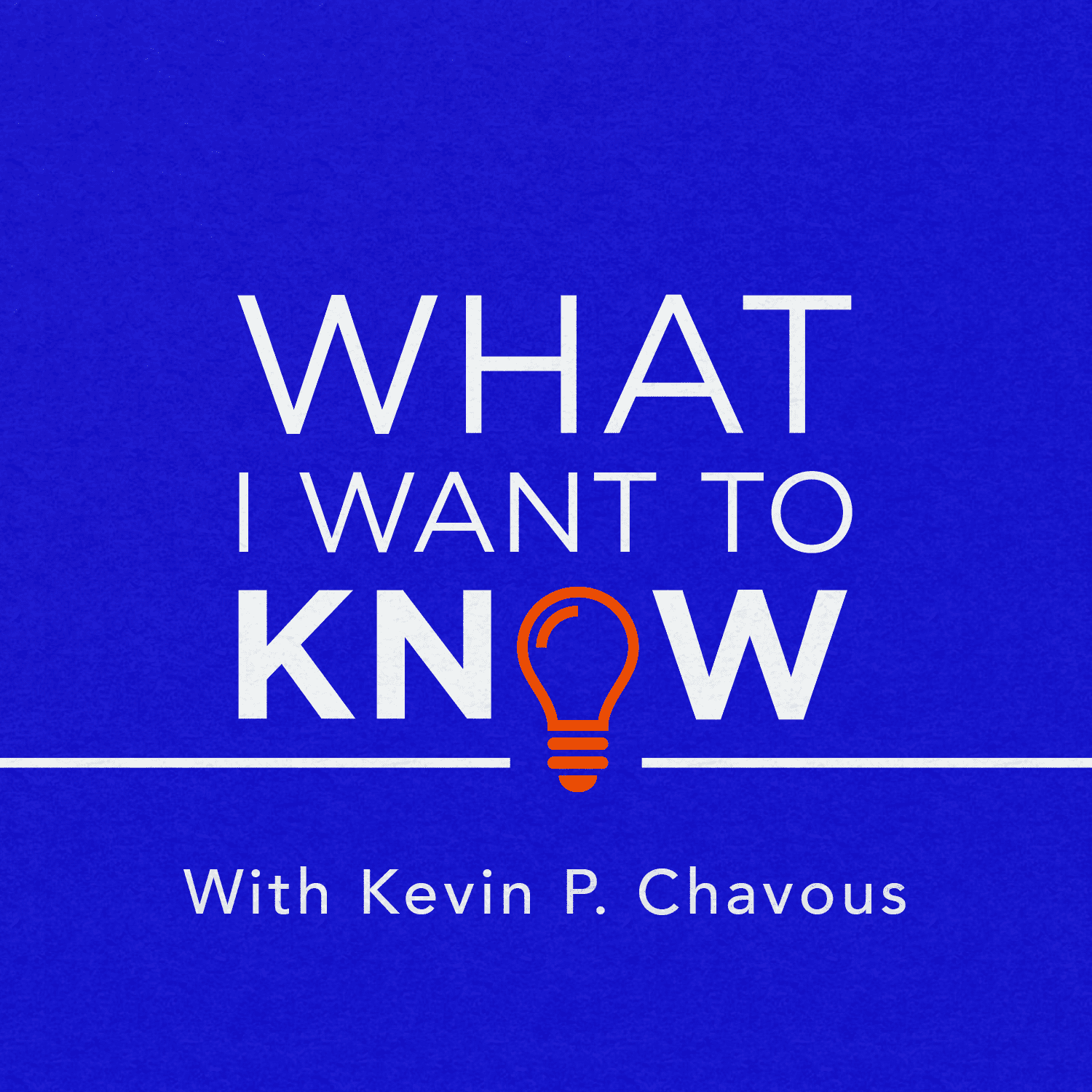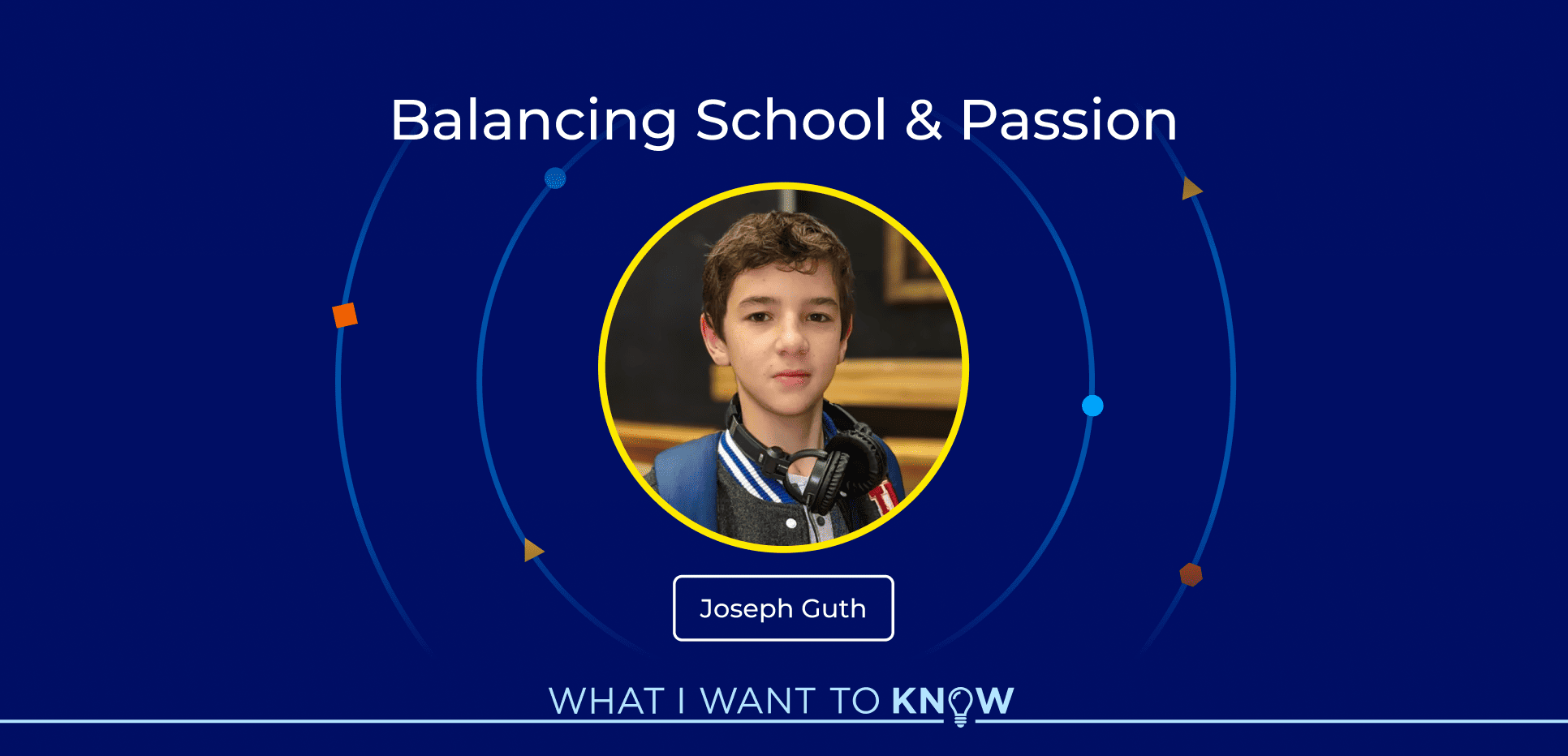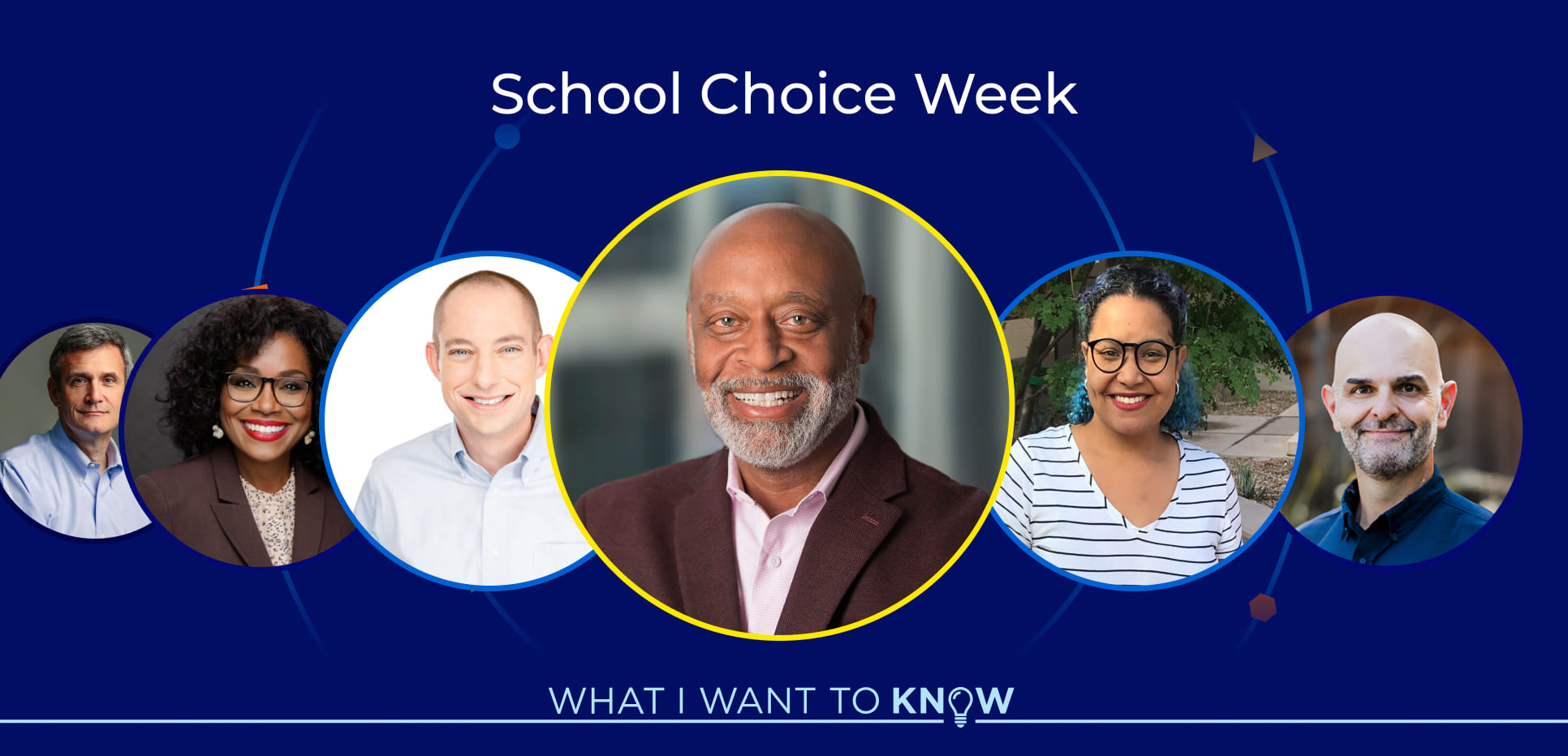Two hundred thousand armed service members transition into civilian life each year. And more than half say that joining the private sector is much harder than they expected. What can we do to ease the transition for those who serve? How can we help them identify skills that are transferable to the civilian workforce? And how can we help them learn the new skills they will need to succeed?
In this episode, Kevin invites veteran Air Force intelligence officer Brian Niswander to share what he’s learned about the transition process and how we can help veterans succeed.
Listen to the Full Audio
Listen on: Apple Podcast, Spotify
Transcript
Kevin: Two hundred thousand armed service members transition into civilian life each year. And more than half say that joining the private sector is much harder than they expected. What can we do to ease the transition for those who serve? How can we help them identify skills that are transferable to the civilian workforce? And how can we help them learn the new skills they will need to succeed? This is “What I Want to Know.” And today, I’m joined by military-transition.org founder, Brian Niswander, to find out.
Kevin: Brian Niswander is a veteran Air Force intelligence officer who has helped countless armed service members transition to the private sector. He founded military-transition.org, an organization that leverages data to provide veterans with intelligence about the challenges they will face and how best to overcome them. Brian is with us today to discuss what he has learned about the transition process, both from personal experience and the insights he’s gleaned from thousands of others. Brian, thank you so much for joining us. And the first thing I must say is thank you for your service and thank you for all that you’ve done.
Brian: Kevin, let me start by saying thanks for the opportunity to be on your program. It’s truly an honor to share my experience of transitioning out of uniform and into the civilian workforce, but I’m really excited to talk about the stories that thousands of veterans have shared with me about their transition taking off the uniform and going back to civilian life.
Kevin: Did you always know you wanted to join the military?
Brian: The short answer is yes. So I grew up in Findlay, Ohio, Northwest Ohio, and during high school, I realized that I wanted a career in the military. And so I applied to the Air Force Academy. That was my number one choice. And I got my opportunity to go out to Colorado Springs, graduated from high school in 1986. And then I graduated with the class of 1990 from the Air Force Academy.
Kevin: Before we get to your experience in your work now when you founded military-transition.org, I do wanna talk about how you handle this because a lot of the lessons learned really come from your own experience. I mean, you mentioned that you did go to get your master’s. So you saw the need for extra credentialing, if you will, but walk us through your journey in terms of, you know, you’re gonna leave the military, what next?
Brian: I was out in corporate America, and I had the opportunity to recruit, hire, develop a lot of veterans from all branches, from all services, all ranks. And I got to see the transition experience. And what I learned was they all asked the same types of questions. What does somebody with my education, skills, experience do in the civilian world? Do they like it? Are they happy? Is their family happy? And what lessons did they learn that I can apply to my transition? So I saw that when I was in corporate America, but I also learned that there was no place where they could get answers to those questions that fit their profile. So if you were in the Navy, you were E-5 mid-level enlisted, you are a radar technician and you had an associates degree and you wanted to live on the West Coast, the answers to those questions are different than if you went to west point, you were an infantry officer, you had a bachelor’s degree, and you wanted to live on the East Coast.
And so doing market research, business intelligence, being able to collect information to help shape business decisions, I thought we owe veterans that same level of rigor when they think about this most important mission they have, the mission of transition. So that was the background behind the actual idea for military transition. I wanted to be able to serve that data up, to help them, to guide them. We call it transition intelligence. I was an intelligence officer. We provide transition intelligence. And so that was the background. From my standpoint, I realized that it was time to transition. I loved my experience. Six years on active duty. Then I had 21 years as a reservist. So almost 27 total when I retired. But when it came time for me to leave active duty, I felt like the time was right. So I started…I actually used a recruiter and it helped me, the lessons that I got from that recruiter that a lot of veterans don’t have the benefit of that experience. So that recruiter gave me a transition plan, gave me a transition timeline.
Kevin: You decided to go back to school. Was that something that when you did your own sort of self-check, you felt that that would help enhance your private life offerings?
Brian: Absolutely. So I was in corporate America, and a lot around me and a lot of my peers around me had advanced academic degrees and I felt like having an MBA would really help, help me put that more into context. I had good analytic skills from my time in the military and from my time at the academy, need to really understand things like finance. How does that work? And really understand the marketing side better. And so that’s what led me to decide that getting an advanced degree, specifically an MBA, was needed.
Kevin: Now you mentioned recruiters because…and this applies not just to veterans but anyone who’s trying to find a job in corporate America. There are a lot of great recruiters, but there are some that may not be as great. And I would imagine that if you’re a veteran, you really need a special type of recruiter who can work with you. So talk about what advice you would give to veterans who are looking for recruiters.
Brian: So there are veteran-specific recruiting firms. There are very unique firms that handle very small clients or very few. And then there are large organizations that cover the waterfront. Again, I used one and I found it to be a really good experience because it brought a lot more structure. That’s one of the things that service members have a challenging time with is that structure, the loss of structure. So the recruiter brought that to…the process for me and pointed me in directions that I didn’t realize and had me do things that I didn’t realize I should be doing. And it was extremely helpful.
Kevin: I hear you talk about skill bridge, that’s one recommendation. But what would you say to me if I’m exiting out of the armed services within the year?
Brian: So the first thing that they tell you is that you should start preparing early, right? We recommend two years out, but most service members underestimate the amount of time that it requires them to actually effectively transition. The second one is a transition plan. And really you need that plan, you need that structure. And I mentioned earlier, I used a recruiter and they had a plan. And that really helps because you really need to start with that self-reflection. Understanding who you are, what you wanna do next, and how you wanna be able to get there. I have to tell folks, you can’t hit a target that you don’t have. So you have to have that plan. And your plan might actually be a plan to develop a plan. And that’s fine. If you do that, then you also need to start reaching out, talking to other people, reading, understanding, you know, getting online and building your network, which leads to recommendation number three, network. It is the most recommended piece of advice from Veterans Today service members.
In fact, 86% of veterans recommend that you network and learn from your network, understand what’s happening out there. You’re allowed to have mentors that are both in uniform and out of uniform. There are great organizations out there that will help you with this as well. Two that I highly recommend our ACP, American Corporate Partners, and Veterati. So they will help you in this networking process. And they will also help you with the fourth recommendation that veterans give, and that is to learn how to translate your skills. So once you have this network, you can work with them to help understand how to explain what you did in the military so that that employer understands the value. Translating your skills is the one that takes the greatest amount of time and it’s the absolute most difficult. And so starting early and having that plan helps you figure out when you’re gonna be able to do that and be able to effectively translate those skills. The last one is to be patient. You didn’t become a soldier, sailor, airman, marine, or a guardian overnight. And it won’t happen overnight to transitioning back into civilian life. So be patient, stick with your plan, and there’s gonna be bumps along the road, but just be patient along the way and you’ll come out successful.
Kevin: Isn’t that hard sometimes when you’re in that literally the heat of battle, and it’s hard to have that focus? How do you acquire that? Even if you know you need to do it, you know, if you’re near a combat area or if you’re on high alert, it’s often hard, I would imagine.
Brian: It absolutely is. So we recently published another book, and the book is called…it’s a booklet, it’s available online. We’re gonna be printing a lot of copies and distributing those very soon free of charge. And so it provides 10 truths about the process. And truth number two is that you are responsible for your own transition. And so that means that you need to take personal responsibility. It’s not the government’s responsibility to help you with that transition to help you find a job. It is yours. The Transition Assistance Program, all the veteran service organizations that are out there are there to help you, but ultimately, it’s your responsibility. So in two decades of helping veterans, I’ve heard every reason possible of why you can’t find the time. “I’m too busy. The mission needs me. My team needs me.” I’ve heard that all. But at the end of the day, when you take off the uniform, your team’s gonna continue on, that job is still gonna be there. You have to have built into your plan those opportunities, to hit pause, to take a break, to be able to focus, and to learn.
Kevin: But how does a veteran figure out, as you know, and I know there are the five things you talked about, but how do they figure out, “Hey, this is an area where, I think, if I can get a little bit more, I can end up doing and getting more”?
Brian: So the first thing I would say in that case is I mentioned earlier as a part of the planning process, that real self-reflection. A lot of veterans don’t take that time to do the self-reflection and think about, “What do I wanna do?” So they’re so used to their branch actually telling them what their next assignment is, and they eventually realize that, “Hey, I get a vote in the matter this time.” So the further they can back that up to realize that, “I get to decide what I wanna do, what is it that I want?” In our recent book that we just published, there is a number of exercises that help with that self-reflection process. So first, it’s really understanding what is it that you want to do and that you get a vote in the matter. I mentioned earlier that one of the important things that I’ve learned along the way is that you shouldn’t feel constrained by what you did in the military. And if you wanna do something different, you can do that. You just have to find out what that is, and you have enough time to be able to get those skills that you need.
So to answer your question on skill development, the first is really understanding what is it that you want to do? Veterans are very focused and driven group of individuals. And so once they know that target, they’re not gonna stop until they hit that target. The danger is they sometime misfire and they don’t know what the target is. And they just kind of follow the crowd. They know they’re going to transition, they don’t think about what is next. So we really encourage that they start that process with really significant self-reflection, reach out to the network, talk to others, find out what are you doing, how do you like it, and how do I get there? So they have both the hard skills and they have the soft skills. And that’s skills development. You talk about STEMs, there’s a lot of hard skills that go in there. The military does a great job of teaching us a lot of soft skills, and every employer needs those soft skills, those transferable skills. So when you bring those together with some hard skills, some STEM-related hard skills, I mean, that’s just an unstoppable combination and veterans have that.
So that’s why my earlier comment of there are organizations that have realized this talent pool and they’ve tapped into it. And there are those that will soon realize the talent pool, but that’s what they bring to the fight. Incredible soft skills, a lot of them already have the hard skills, the STEM skills, some still need to kind of top that off. Once they’ve got that, unstoppable.
Kevin: So Brian, I have a couple more questions. One is I’d be remiss without asking about military spouses because you do do work to help military spouses. So talk about that and what you’ve done in that area.
Brian: Yeah, absolutely. Yes. About two years into us collecting all this data and analyzing the data, you know, we saw this correlation between when service members elected to take off the uniform, whether that’d be separate before 20 years or after retirement based upon their spouse, and things like spouse employment and how happy the homefront is. And there has been a challenge with spouse employment. So we took that same mindset of collecting data from veterans about service members’ transition and employment, we took that same exact mindset and we applied it to military spouses. And so on the dashboard, spouses can go in and they can get answers to key employment-related questions and they can align it to their profile. I didn’t talk earlier about our interactive dashboard that exists. And you can put in branch, rank, years of service, age, your specialty, MLS, AFSE, what you did in the military. And it will give you 10 pages worth of data that specifically align to your profile. So that same data dashboard exists for military spouses. We’ve gotten really good feedback on that and we continue to collect more data from spouses and augment that.
Kevin: Well, that’s terrific. Look, one more question. This is what I really wanna know. What are the biggest misperceptions that prospective employers have about veterans?
Brian: There is data that says that a significant number will leave their first career within the first year. And I believe largely that’s because they didn’t do adequate planning ahead of time and so they didn’t really know what they were getting into. In fact, also, I would say that our research says that veterans transition into one of five jobs. And we have a couple of wonderful infographics that are available on our website that talk about those. But those five jobs that they transition into are the perfect job. And very few of them actually transition to perfect job. Then there’s the best job. It’s a really good role. There’s a good job. And so this is the career zone. That’s where you really want to transition into. You might start with a good job and then move up into the best and the perfect jobs in that organization. But what you wanna avoid is that acceptable job or, even worse, any job.
Some veterans didn’t start with enough time, didn’t do that reflection, didn’t think about the skills that they have and how those apply. And so they get to the point where, “I just need any job,” and that then causes them to take that job, and while they’re in that first job, they’re looking for the next role. So to answer your question, the challenge or the concern that I’ve heard from veterans is that some will transition out of that first role. And so it’s a challenge for them because they’ve invested a lot of time and energy hiring them, developing them, just to have them leave. And so the challenge that I give to service members is to do your homework upfront so that doesn’t happen.
Kevin: Military-transition.org, is that it?
Brian: That is it, military-transition.org.
Kevin: All right. Well, Brian Niswander, thank you for all you’ve done for this country. And indeed, thank you for what you’re doing for your fellow servicemen and women. We appreciate you joining the show.
Brian: Kevin, thank you very much for the opportunity.
Kevin: Thanks for joining “What I Want to Know.” Be sure to follow and subscribe to the show on Apple Podcasts, Spotify, or your favorite podcast app. And don’t forget to write a review too. Explore other episodes and dive into our discussions on the future of education. I also encourage you to join the conversation and let me know what you want to know using #wiwtk on social media. That’s #wiwtk on social media. For more information on Stride, visit stridelearning.com. I’m your host, Kevin P. Chavous. Thank you for joining “What I Want to Know.”
Meet Brian
Brian Niswander is a veteran Air Force intelligence officer who has helped countless armed service members transition to the private sector. He founded Military-Transition.org, an organization that leverages data to provide veterans with intelligence about the challenges they will face and how best to overcome them.







